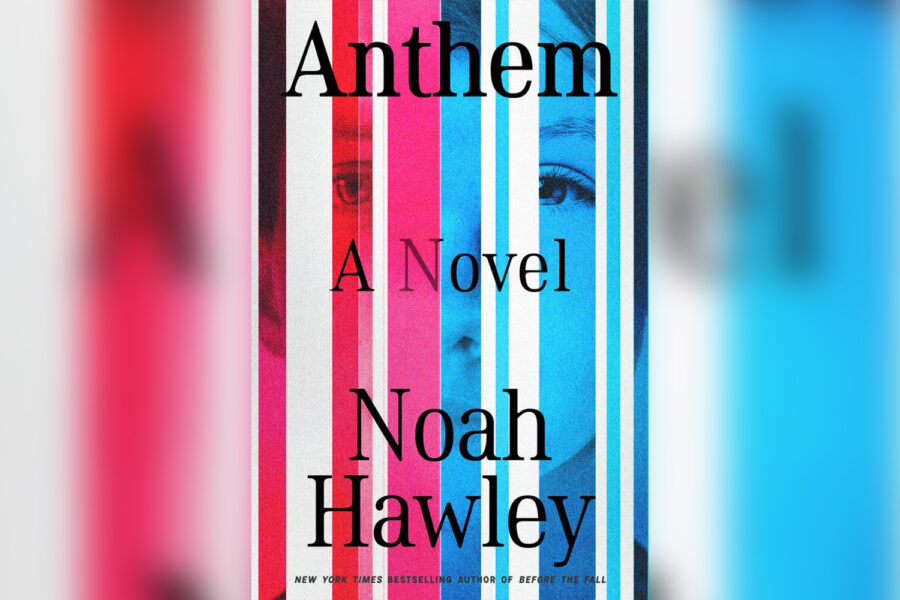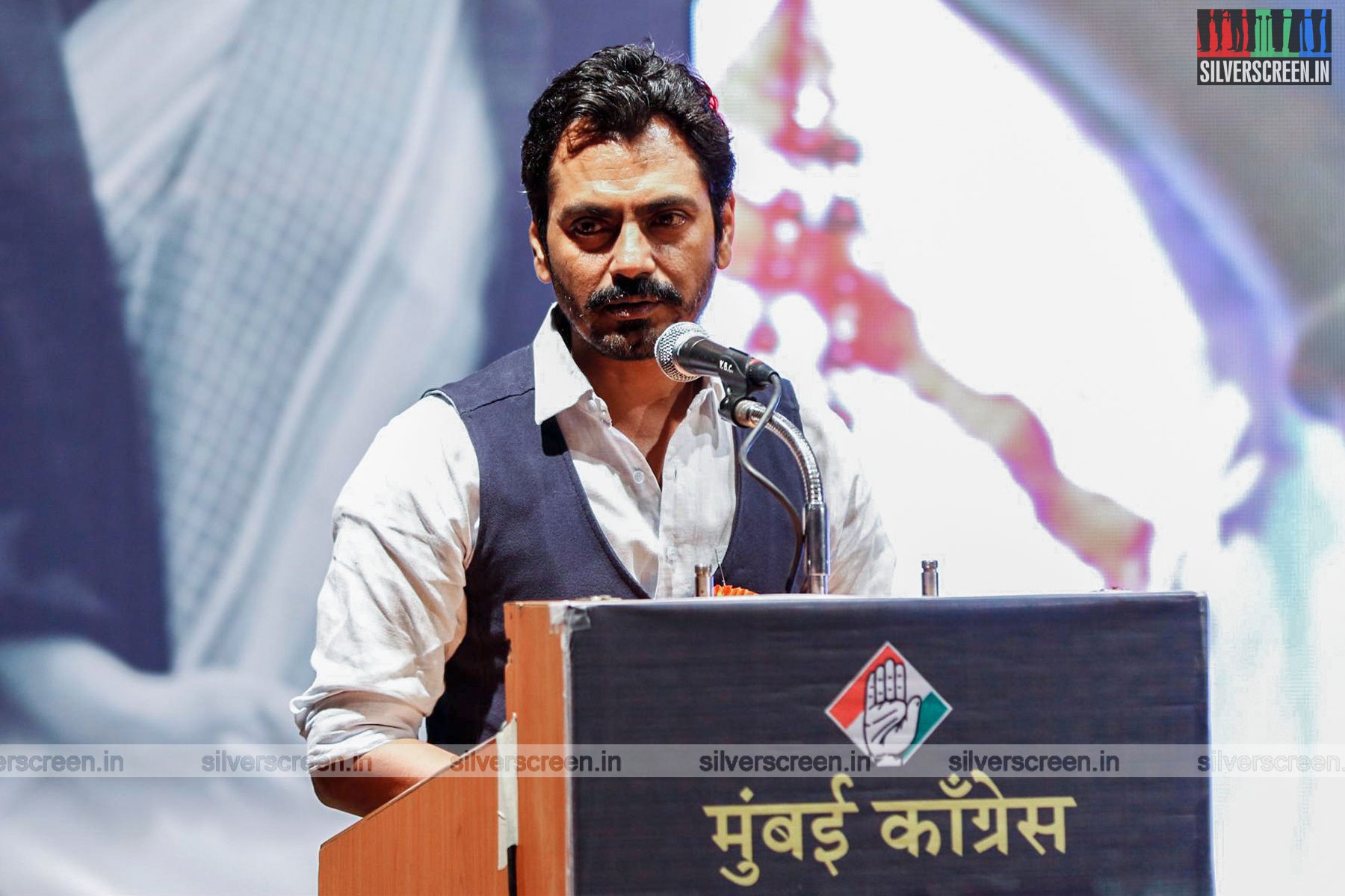Published earlier this month, Anthem: A Novel by author Noah Hawley has been touted as the first big book of the new year. Since its release, it has been noted that its contents paint a frightening picture of what is to come for us, as members of the human race. Its uncanny resemblance and relevance to a post-pandemic world are striking.
The basic premise of the book is simple – a group of teenagers break out of a mental facility to save one of their own and they encounter many evils along the way.
Hawley is not just an author; he is a renowned screenwriter who has created and written several series such as Fargo and Legion. He also directed Natalie Portman in the 2019 science-fiction film Lucy in the Sky. While each work’s themes are diametrically different, their tone is the same: dark.
This darkness spills into Hawley’s latest novel, which can be described as a combination of science, psychological and dystopian fiction. Its prologue is set in 2009 where a centrist-right judge Margot Nadir sits with her second husband, Remy, and watches her 9-year-old daughter perform the American national anthem during a school recital. Margot is white and Remy is black; both identify as conservative.
As the author sets the mood for the book, the political landscape and heaviness cannot be ignored. He mentions the financial precariousness of the United States in 2009, taps into what it means to be a conservative black man through the eyes of Remy, and also looks into the political ideals of Margot, who takes pride in her position as a judge.
The book skips forward to an apocalyptic world which the author fills with issues that are familiar in the real world. Thousands of teenagers in America begin to die by suicide and no one seems to know why; Hawley describes the events in a manner that sounds similar to our own ongoing crisis with the coronavirus pandemic.
While the book is set in a post-Covid world, the government’s handling of teenage suicides seems like a callback to the current real-world political situation. As seen in the present, deaths become mere statistics and politicians are preoccupied with their own agendas.
Hawley writes, “Liberals pointed to elevated environmental toxins, to algae blooms in the Atlantic, to leaching plastics, even as the talking heads of right-wing media denied that suicide was a problem.”

Credits: Carolyn Fong
Blurred Lines
Hawley takes all the evils that the world is witnessing today and puts them in his 500-page fictional book. He not only uses actual events that have happened but also paints a picture of what the future could hold.
While most of the action takes place in the United States, the problems and the resemblance to reality are universal.
In Anthem, adolescent mental health has taken a serious hit and teenagers are struggling with anxiety. There are adults with opulent wealth who run pharmaceutical companies that trigger and profit off people’s addictions.
At the same time, the world is getting hotter and environmental calamities are the order of the day. But none of the adults seem to be doing anything about this and the children are only getting more anxious.
Recommended
To make it even more realistic, the author introduces a megalomaniac sex offender who preys on minors – a character who is disturbingly similar to Jeffrey Epstein. Recently, Epstein’s associate Ghislaine Maxwell was convicted for trafficking underage girls.
The parallels do not end there, as there is vigilantism, warfare, and characters who have survived shootings. For instance, one of the characters in the book is a survivor of the Parkland school shooting that took place in Florida in 2018.
Anthem brings up questions of morality, mortality, and the reparations that are required for the world to become habitable again. It is a hard-hitting existential novel that continually blurs the lines between current reality and fiction to the point where one wonders if the world is truly headed this way.



